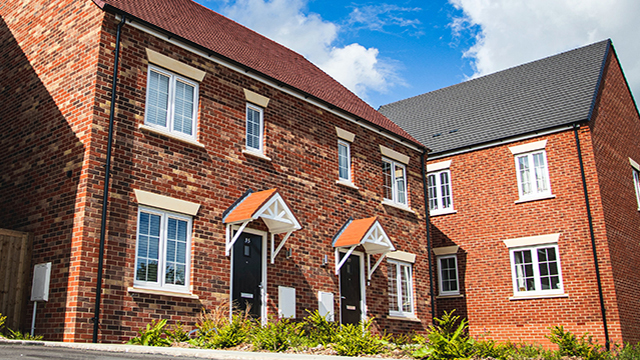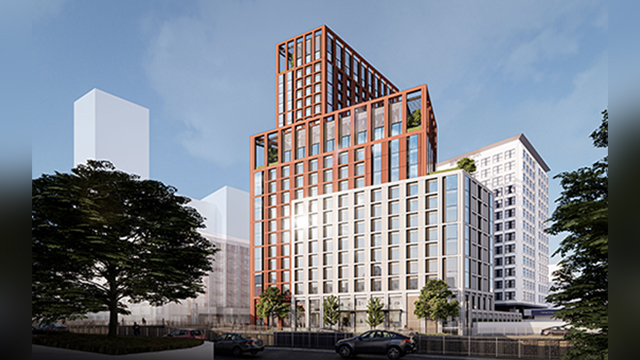Appeal from dismissal of possession claim–Cottage used by tenant for housing hotel staff–Claim for business tenancy accepted by county court judge–Use by staff ‘convenient’ but not ‘necessary’ for hotel purpose–Appeal allowed
This was an appeal
by Irwin Claud Chapman, the administrator of the estate of Nora Ann Hawken from
a decision of His Honour Judge Chopp, sitting at Bodmin County Court on
December 8 1977, dismissing his claim against Mr R J Freeman, of the Cornish
Arms, Pendoggett, St Kew, Cornwall, for possession of Tremberth Cottage,
Pendoggett. Mr Freeman, as tenant, used the cottage for the purpose of housing
staff employed by him at the Cornish Arms.
H Parker
(instructed by Wedlake Bell, agents for Harvey & Sproull, of Bodmin) appeared
for the appellant; G L Newsom (instructed by Richardson & Scawin, of
Wadebridge, Cornwall) represented the respondent.
LORD DENNING
MR, said that the case raised a short point of law under the Landlord and
Tenant Act 1954. It concerned an hotel in Cornwall, the Cornish Arms, at
Pendoggett, owned by the respondent, and a nearby cottage, Tremberth Cottage,
which had been let for some years to the respondent at an annual rental of £104
by the owner, Nora Ann Hawken, now deceased. Possession was now sought by her
administrator. A notice to quit had been served but the respondent had claimed
he was protected by the Landlord and Tenant Act 1954 in that it was a business
tenancy which had not been determined. That defence had been upheld at Bodmin
County Court and the appellants now appealed.
The whole
question was whether or not the tenancy was within section 23(1) of the Act
which said, ‘this part of this Act applies to any tenancy where the property
comprised in the tenancy is or includes premises which are occupied by the
tenant and are so occupied for the purposes of a business carried on by him. .
. .’
The cottage
was ‘occupied’ by the tenant in that its present occupants were the
respondent’s head barman and his wife, but the question was whether it was occupied
for the purpose of the hotel business. During the course of argument it had
been asked whether a barrister with his chambers in the Temple occupied a flat
some short distance away for the purpose of his profession. The answer was
‘no.’ Similarly a construction company who rented cottages round a new
construction site did so for housing purposes and not for the purpose of
building work being carried out by the construction company.
Coming back to
the present case it seemed to him (his Lordship) that there was no evidence
which showed that it was necessary for any of the hotel staff to live in the
cottage for the better performance of their duties. It was only for convenience
that the cottage was used for housing staff and was not necessary for the purpose
of carrying on the hotel business. The appeal should therefore be allowed.
GEOFFREY LANE
LJ, agreeing that the appeal should be allowed, said that it was convenient for
the respondent to use the cottage for housing his staff but such use was not
necessary for the purpose of the business, although there could be a case where
people had to be on duty at all times, but that was not the present case. The
present use was purely for convenience.
EVELEIGH LJ
also agreed.
Appeal
allowed with costs. The applicant was granted an order for possession within 28
days with mesne profits at the rate of £104 per annum from July 10 1977.








